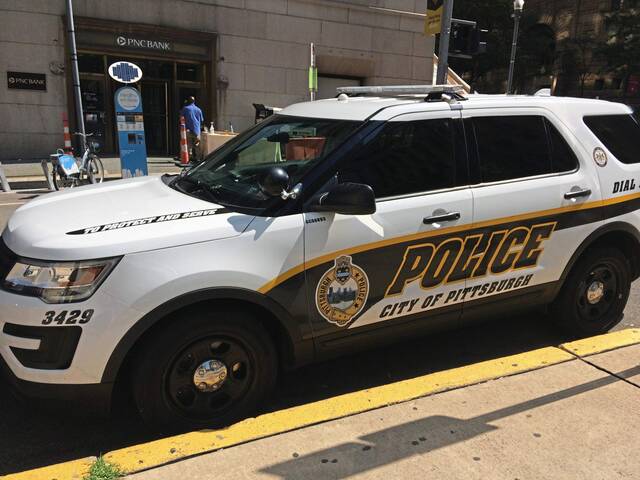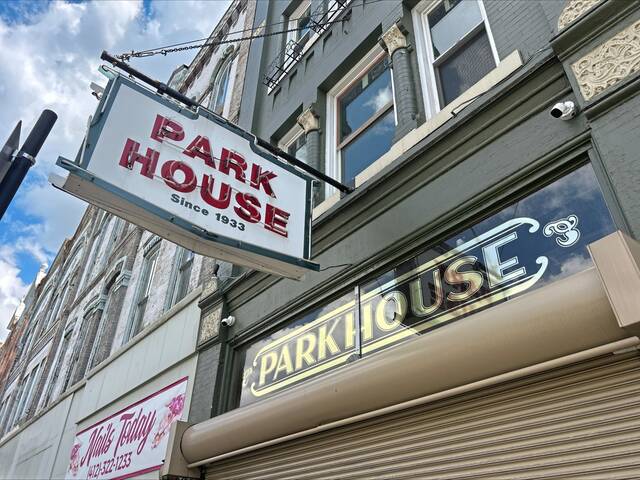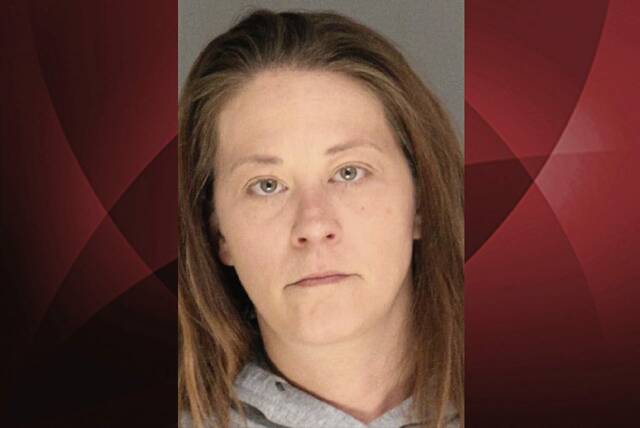The city of Pittsburgh’s revenues appear to be returning to pre-pandemic levels, according to City Controller Michael Lamb.
Lamb on Thursday provided an update on the city’s finances through the first half of this year and released his office’s 2022 popular annual financial report, a “layman’s version” of the annual comprehensive financial report published in April.
“At the end of 2022, we had recognized that the city was beginning to do better, that most of our revenue categories were outperforming 2021,” Lamb said.
While 2022 didn’t see the city “completely back” to pre-pandemic levels, the city’s finances were “getting better,” Lamb said.
The city had more than $135 million in its reserve fund at the end of the year, he said, adding that the money could be used to help pay for deferred maintenance on infrastructure projects or bolster the amount of capital projects the city completes.
The city is again seeing “very positive numbers” in revenues so far this year, Lamb said. He projected the city will end the year with a surplus.
In nearly every revenue source, Lamb said the city is bringing in more money than it budgeted.
The city’s amusement and parking taxes — which were hit particularly hard by the covid-19 pandemic — so far this year are “actually performing at the same level or maybe even a little better than we were” in 2019.
This comes despite the fact that the parking tax isn’t being bolstered by any major returns to in-office work, Lamb said. There are still fewer people coming into the city to work, and those who do are working fewer days in their offices, he said. The tax revenues are instead being bolstered by events that are drawing people into the city, including major concerts, cultural events and sporting events.
“Things are certainly looking up in Downtown Pittsburgh and certainly looking up from the perspective of the bottom line of our budget,” he said.
The city’s financial recovery from the harsh economic impacts of the pandemic came thanks, in part, to the American Rescue Plan Act dollars that helped the city avoid layoffs and budget cuts, Lamb said.
As of Thursday’s news conference, about $118 million of the $335 million the city received from the federal stimulus bill remained unallocated and unspent.
That money needs to be allocated by the end of 2024 and spent by the end of 2026.
Once that extra cashflow is gone, Lamb said, the city needs to have a plan in place to ensure it will remain financially stable. He has repeatedly pushed for the city to negotiate payments in lieu of taxes — or PILOT payments — with the city’s many large tax-exempt nonprofits. Under such an agreement, nonprofits would voluntarily agree to pay a portion of what they would pay in taxes if they weren’t tax-exempt.
“We really need to get serious about engaging with our large nonprofits,” Lamb said. “There has to be some understanding of the services we are providing to these organizations that they are helping us to offset the cost of those services.”








